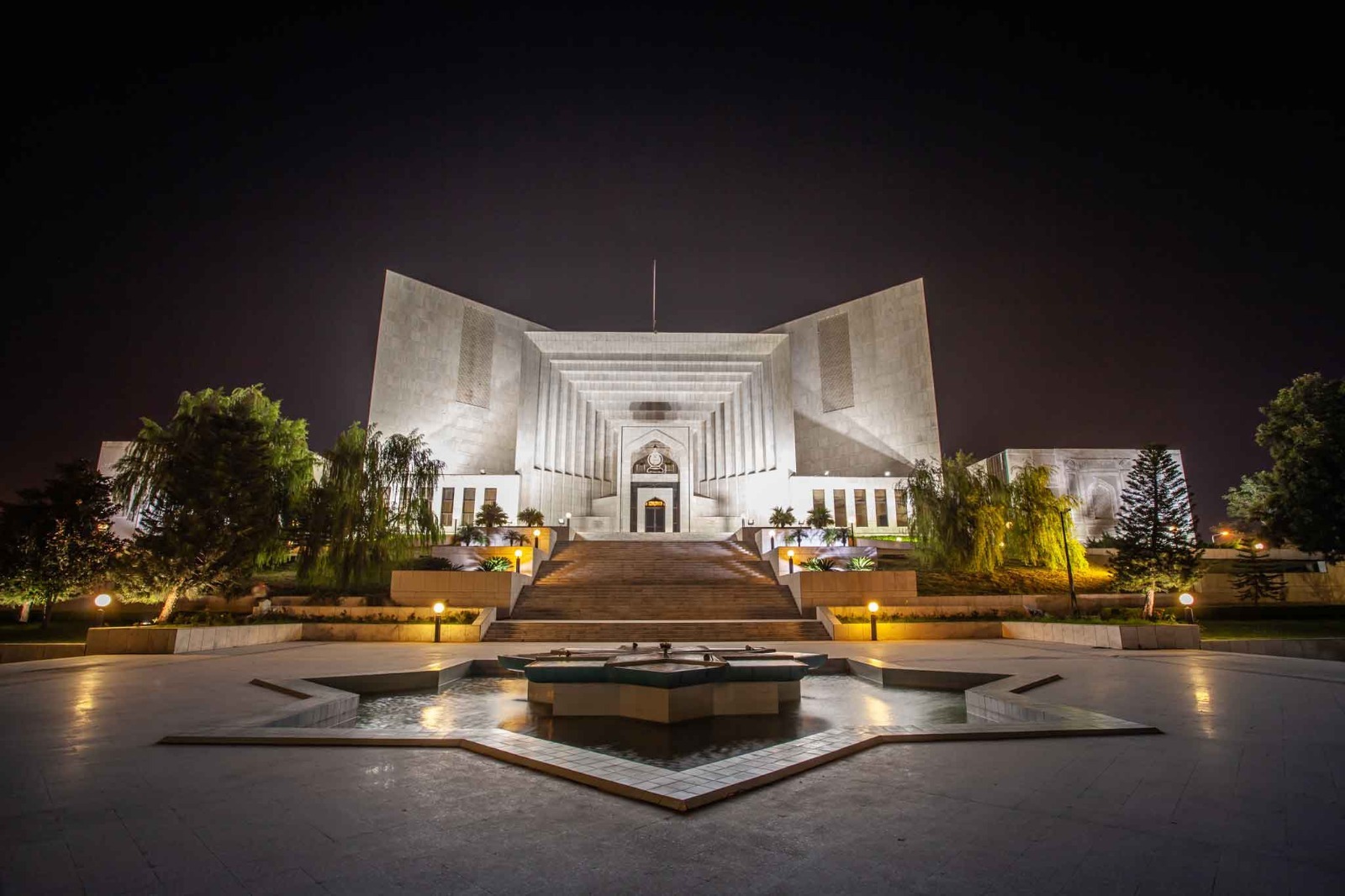The Supreme Court Scrutinizes Reserved Seat Allocation
The Supreme Court of Pakistan has convened a larger bench to hear a significant case regarding the allocation of reserved seats to the Sunni Ittehad Council. The case has sparked intense legal arguments and scrutiny of the Election Commission of Pakistan’s (ECP) rulings concerning the internal dynamics and candidate affiliations of the Pakistan Tehreek-e-Insaf (PTI) party.
Chief Justice Qazi Faez Isa led the 13-member bench, questioning why PTI members left the party, and noted that the PTI had been advised for a year to hold intra-party elections when its founder was the prime minister. The court also examined whether independent candidates can join a party after elections and still be eligible for reserved seats based on the party’s electoral performance.
Faisal Siddiqui, representing the Sunni Ittehad Council, argued that the ECP’s interpretation disregards the constitutional provisions governing the allocation of reserved seats based on proportional representation and party affiliations. He emphasized that independent candidates can join any political party and that the reserved seats should be given to parties according to their general seats, including independent candidates.
Concerns over ECP Rulings and Electoral Integrity
The judges raised concerns over potential discrepancies in ECP rulings and the impact on the rights of voters and political parties. Chief Justice Isa underscored the court’s commitment to upholding constitutional principles and ensuring fair electoral practices, emphasizing the importance of interpreting laws in accordance with their natural meaning and intent.
Justice Minallah remarked that “bitter facts cannot be ignored while interpreting the Constitution” and that this was a matter of people’s right to vote, not just a political party’s interest. The court also questioned the ECP’s stance on candidate affiliations and whether independent candidates could join a party that did not contest the election.
The Supreme Court continues to deliberate on the matter, with future sessions expected to delve deeper into the complexities surrounding party affiliations, electoral laws, and the constitutionality of ECP directives. The court’s commitment to upholding the Constitution and ensuring the integrity of the electoral process is evident throughout the proceedings.


